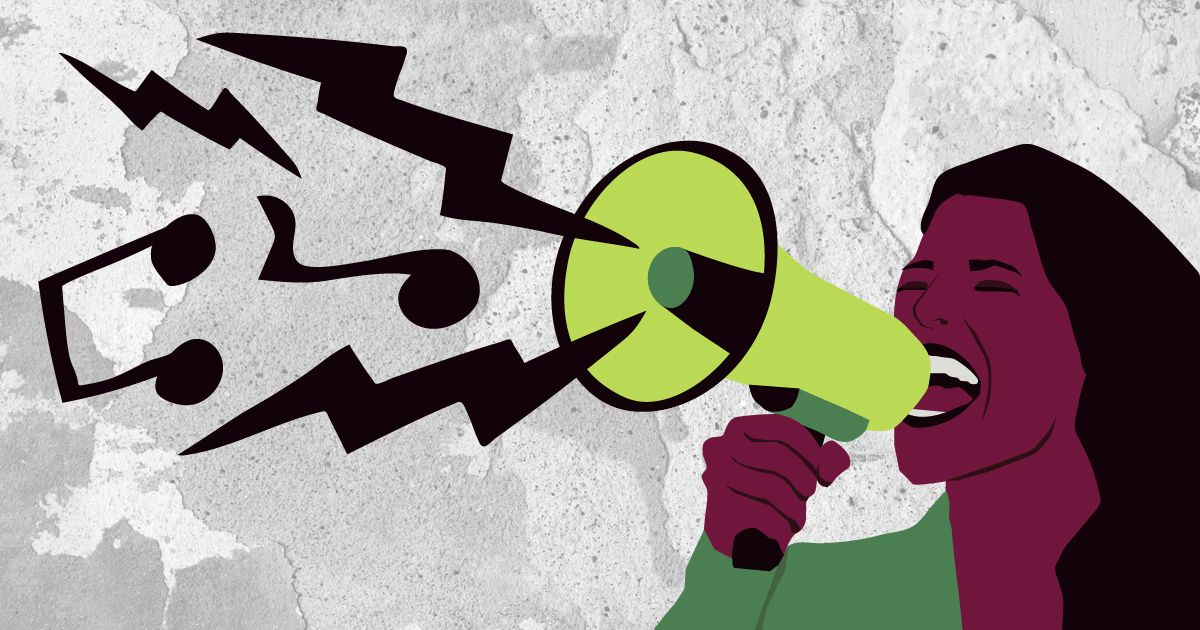Amplifying Survivors’ Voices in the Music Industry

“In sexual assault cases, there is always a power disparity,” says attorney Karen Barth Menzies, “The person in power has taken control of the victim.” The problem of sexual assault exists in every industry, but the power disparity in the music industry is amplified because music tends to attract young people to a competitive field with rich, powerful, and celebrated gatekeepers.
Karen is an advocate for survivors of sexual assault, and she represents several women in the music industry who have had long-standing claims against high-profile figures, but who have been unable to pursue legal claims because of statutes of limitation. Recent legislation in both California and New York — California’s Sexual Abuse and Accountability Act and New York’s Adult Survivors Act — have temporarily lifted the statute of limitation for survivors of sexual assault with existing claims and has triggered a growing wave of over-due litigation which is part of what Karen calls a “reckoning” for the music industry.
Sexual assault is a heinous crime, and it is particularly insidious because the trauma of the assault lasts a lifetime, having persistent effects on both a personal and professional level. Often, survivors feel a sense of shame for being the victim of an assault, which makes it difficult for them to speak out. In a professional setting, the fear of retribution from powerful, wealthy, and celebrated figures keeps survivors silent. Perpetrators of sexual assault are also often guilty of sidelining the survivors of their crimes and silencing their voices. As a result, many voices have been driven out of the music industry.
“We work with survivors who were just starting their careers and were in a position to just create magic,” Karen says. “If we don’t stop this behavior in the industry, we lose the value of these artists, many who are young and were just beginning to bloom.”
One survivor Karen represents signed a contract as a songwriter as a young teenager. Some of her songs made it onto records and were played on the radio. The producer who signed her also sexually assaulted her multiple times and marginalized her role with the bands she worked with. For years, the survivor was financially tied to her abuser because he controlled the royalties for the songs she wrote. She says for a long time, she felt ashamed about what happened to her, but now she is defiant, and she feels that holding her abusers accountable for their crimes will make the industry safer for young songwriters currently working in the business.
Karen has also found that when a survivor is driven from the music industry, other women in the field lose an advocate. “When a career is stopped short because a survivor has been traumatized, damaged, and silenced,” Karen says, “she’s no longer there to speak out against assault or to help amplify and give credibility to the voices of other survivors.”
The survivors Karen works with are not just seeking justice for themselves, they are motivated to affect systemic change in the music industry. The laws in California and New York have given survivors their voices back, and now women who were assaulted years ago and sidelined and driven out of the industry have an opportunity to stand up for themselves. By taking a stand, they also have a chance to draw attention to the issue of sexual assault for survivors who are fans or are currently working in the industry to make sure their voices are not only heard but valued. Karen says, “Once survivors are allowed to speak more openly and to occupy more positions of authority in the music industry, we’ll start to see real change.”